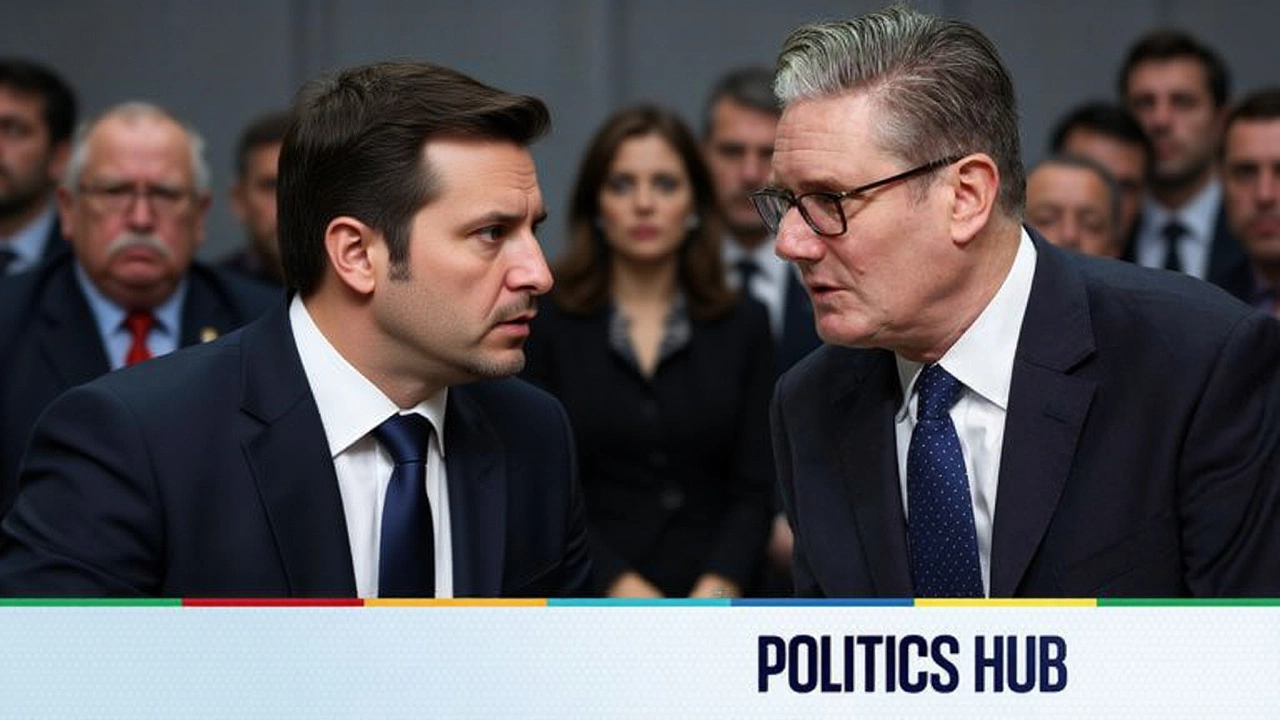NATO – North Atlantic Treaty Organization Overview
When talking about NATO, the intergovernmental military alliance founded in 1949 to protect the freedom of its members. Also known as North Atlantic Treaty Organization, it brings together defence planning, joint exercises, and political dialogue across the Atlantic.
At the heart of NATO lies Collective Defense, the principle that an attack on one member counts as an attack on all. This idea is cemented in Article 5, the clause that triggers mutual defence measures when a member is threatened. Together they shape the alliance’s day‑to‑day decisions and long‑term strategy. Member Nations, the 31 countries that have signed the North Atlantic Treaty each contribute troops, resources, and political support, creating a network that balances national interests with a shared security goal.
Key Concepts and Real‑World Impact
NATO isn’t just a paper pact; it’s a living system that requires constant coordination. The alliance encompasses collective defence, which means every new mission starts with an assessment of how it strengthens the whole network. NATO requires member commitment, so each nation invests in defence spending that meets agreed‑upon targets, ensuring the force stays ready. Collective defence influences member security by deterring potential aggressors and by providing a rapid response framework for crises, whether in Europe, the Atlantic, or beyond. The partnership also extends to strategic operations like cyber‑defence, counter‑terrorism, and climate‑related security, showing how the alliance adapts to modern threats.
Below you’ll find a curated mix of articles that dive deeper into NATO’s history, its legal foundations, the latest strategic reviews, and how the alliance is handling emerging challenges. From analyses of recent exercises to commentary on member‑state politics, this collection gives you a clear picture of why NATO remains a cornerstone of trans‑Atlantic security. Keep scrolling to discover the breadth of coverage and the practical insights each piece offers.
Starmer urges NATO to keep pressure on Putin at Copenhagen summit
At the Copenhagen EPC summit, UK Prime Minister Keir Starmer urged NATO to keep pressure on Putin, as Europe pledges €40 billion in new aid for Ukraine and tightens sanctions on Russia.
